
What the MACH Alliance Sees: Where Composable Commerce Is Headed
 2 min
2 min
What the MACH Alliance Sees: Where Composable Commerce Is Headed
The MACH Alliance isn’t just a trend-watcher — it’s a group of global tech leaders shaping how composable commerce grows across industries.
Founded by companies like commercetools, EPAM, and Contentstack, the MACH Alliance supports businesses that want to move away from rigid, all-in-one platforms and toward open, flexible ecosystems.
So what are they seeing now — and what can it tell us about where composable commerce is going?
Key trends from the 2025 MACH Alliance Global Research Report
Every year, the MACH Alliance surveys hundreds of decision-makers across industries. The latest report shows that composable commerce adoption is not only real — it’s accelerating.
Here are some takeaways:
- 80% of organizations feel more positive about MACH technologies today than they did a year ago
- Businesses with more legacy tech are now investing more aggressively in MACH infrastructure to catch up
- By 2026, companies expect 61% of their architecture to be MACH-based
- The top three reasons for adoption are:
- Improving the customer experience
- Speeding up innovation
- Strengthening data privacy and security
What this means for businesses
Whether you're in retail, manufacturing, or B2B, the shift is clear: companies are moving toward modular, API-driven architectures. And those that started early are already seeing returns — not just in tech performance, but in customer satisfaction and business agility.
For businesses still relying on older systems, there’s growing urgency to adapt — because the competitive gap is widening.
The takeaway
The MACH Alliance isn’t predicting a future — they’re documenting a present. Composable commerce is no longer something only “innovators” are trying. It’s becoming the standard — and the companies investing now are setting themselves up to lead.









 English
English
 Français
Français
 Deutsch
Deutsch
 Italiano
Italiano
 Español
Español



 Contribute
Contribute
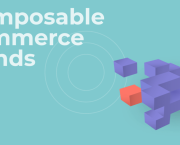

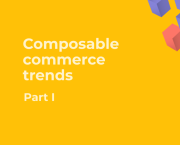
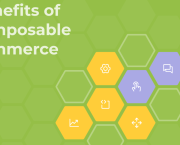
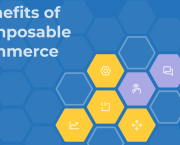
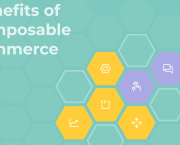
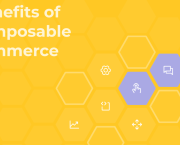
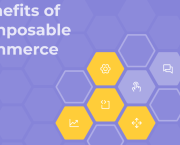












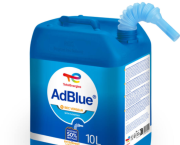
 You can support your favorite writers
You can support your favorite writers





